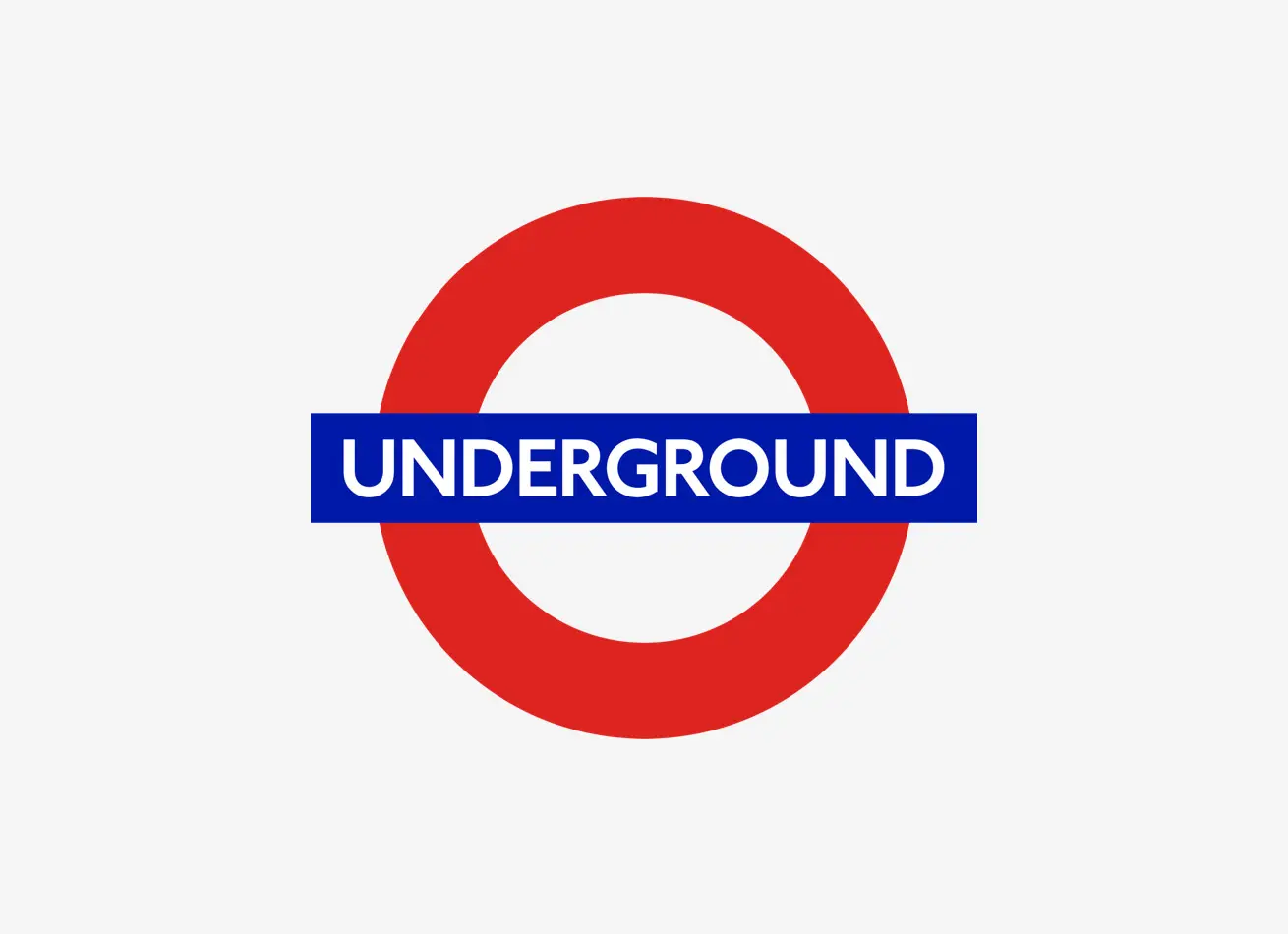Building a strong company culture is essential for businesses that aim to grow and thrive in today’s competitive landscape. One of the most effective tools to achieve this goal is performance management. By establishing clear expectations, offering regular feedback, and encouraging professional growth, performance management systems can help businesses create a culture that promotes collaboration, trust, and accountability.
In this blog, we will explore how performance management can contribute to a strong company culture and the various benefits it brings to organizations. Let’s delve into the key aspects that make performance management a cornerstone in building the kind of culture every company aspires to have.
Aligning Company Values with Employee Goals
A strong company culture starts with aligning individual employee goals with the overall values and mission of the company. Performance management systems make this alignment possible by ensuring that employees understand how their personal objectives contribute to the broader company vision.
When employees see how their efforts are part of a bigger picture, they feel more motivated and engaged. Managers can use performance management tools to regularly check in with employees and guide them toward objectives that not only meet their career goals but also support the company’s values. This creates a sense of purpose and commitment within the workforce, ultimately strengthening the company culture.
Enhancing Communication and Feedback
Effective communication is the backbone of a strong company culture. Performance management systems facilitate regular and constructive conversations between managers and employees, fostering open communication. Through continuous feedback loops, employees know exactly where they stand and how they can improve.
These feedback sessions encourage transparency and trust. By addressing both strengths and areas for improvement, performance management ensures that employees feel supported and appreciated. This open dialogue can lead to increased employee satisfaction and a more cohesive, positive work environment that enhances company culture.
Encouraging Accountability and Responsibility
A culture of accountability is essential for success. Performance management helps instill accountability by clearly defining roles, expectations, and responsibilities for each team member. When employees know what is expected of them and are held responsible for achieving these expectations, it builds a culture of responsibility and ownership.
Managers can set clear performance metrics and provide regular reviews that encourage accountability. This not only drives individual success but also creates an atmosphere where everyone is committed to the company’s goals, contributing to a strong company culture built on trust and reliability.
Promoting Employee Growth and Development
Employee development is a key factor in building a robust company culture. Performance management plays a critical role in identifying areas where employees need improvement and offering opportunities for growth. By setting personalized development goals, employees can work on improving their skills and advancing their careers.
When a company prioritizes employee development, it shows that it values its workforce. This investment in personal growth not only motivates employees but also contributes to a culture of learning and continuous improvement, where individuals strive to excel, benefiting both the employees and the company as a whole.
Fostering Collaboration and Teamwork
Strong company culture often involves a collaborative environment where teamwork thrives. Performance management systems encourage team collaboration by aligning individual goals with team objectives. By fostering an environment where collaboration is rewarded, performance management enhances the sense of unity within teams.
Regular team assessments and feedback ensure that everyone works towards the same outcomes, improving communication and coordination. This promotes a positive culture where employees support each other, contributing to higher team morale and stronger overall performance.
Supporting Diversity and Inclusion
A diverse and inclusive work environment is crucial for a strong company culture. Performance management ensures that all employees, regardless of background, are treated fairly and equitably. By implementing unbiased performance reviews, companies can foster a culture of inclusion where everyone’s contributions are recognized and valued.
Performance management systems allow companies to track diversity initiatives and ensure they are making progress toward a more inclusive workplace. This builds a culture of respect and equality, which is essential for retaining top talent and creating a positive, unified work environment.
Improving Employee Engagement
Engaged employees are the foundation of a strong company culture. Performance management helps boost employee engagement by providing clear expectations, regular feedback, and opportunities for advancement. Employees who feel valued and supported are more likely to be engaged and committed to their roles.
A culture of engagement is built on trust, respect, and recognition. Through consistent performance evaluations, employees receive the recognition they deserve, which fuels their motivation and loyalty to the company. This, in turn, helps cultivate a culture where employees take pride in their work and contribute positively to the company.
Driving Continuous Improvement and Innovation
A culture of continuous improvement and innovation is crucial for a company’s long-term success. Performance management encourages employees to strive for excellence and think creatively about how to improve processes, products, and services. By setting challenging yet achievable goals, performance management fosters a mindset of growth and innovation.
Regular performance reviews allow employees to reflect on their achievements and areas for improvement, leading to ongoing development. This drives a company culture where innovation is encouraged, and employees feel empowered to suggest and implement new ideas.
Building Trust and Transparency
Trust is at the core of any strong company culture, and performance management helps build that trust by promoting transparency in the workplace. Through clear communication, regular feedback, and consistent performance reviews, employees know exactly where they stand and how they are contributing to the organization’s success.
This level of transparency fosters trust between employees and management, creating a work environment where people feel secure and valued. When trust is established, employees are more likely to collaborate openly, take ownership of their roles, and contribute positively to the company culture.
Conclusion
In conclusion, performance management is a powerful tool that helps build a strong company culture by aligning individual goals with company values, enhancing communication, promoting accountability, and supporting employee growth. It fosters collaboration, diversity, and engagement, while also driving continuous improvement and innovation. By integrating performance management into daily operations, companies can create a culture where employees feel motivated, respected, and empowered to succeed.










